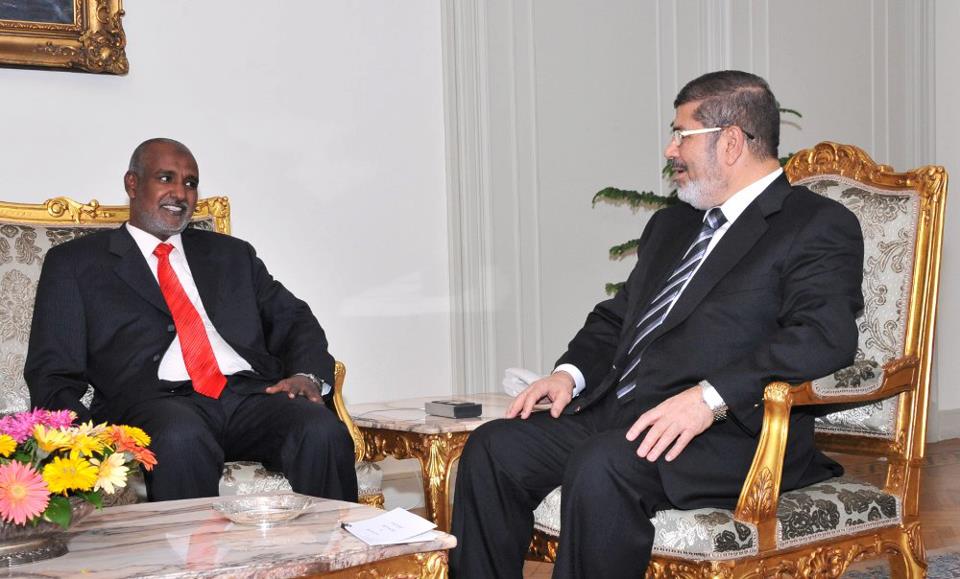Amnesty International’s report released on Wednesday was described as being “unbalanced” and “inaccurate” by a top foreign ministry official.
Ambassador Hesham Badr, Assistant Foreign Minister for International Organisations and Security said on Thursday that the Amnesty International report contains “allegations on the state of human rights in Egypt”.
The international human rights watchdog said, in a statement accompanying the 49 page report, that “Egyptian authorities are using every resource at their disposal to quash dissent and trample on human rights.”
The watchdog also warned the interim authorities against using a real terrorist insurgency, undertaken by Ansar Beit Al-Maqdis and other armed groups in the Sinai Peninsula, to justify oppression and a lack of human rights for the country’s citizens.
Badr said the government is keen on respecting human rights when fighting crime or terrorism. “It cannot be denied that individual mistakes were made from time to time. But the government is determined to continue to work towards preserving the law and preventing impunity,” he added.
The watchdog cites the government’s designation of the Muslim Brotherhood as a terrorist organisation and the Protest Law signed by interim President Adly Mansour as conducive to an environment for further repression.
Amnesty’s report cited the dispersal of the Rabaa Al-Adaweya sit-in in August, organised to express support for ousted president Mohamed Morsi, as evidence of the state’s repressive measures. “No proper investigation has been carried out into the deaths of more than 500 Morsi supporters when excessive force was used to disperse [the] sit-in,” the statement reads.
A fact-finding committee was established by the presidency to investigate incidents of violence since 30 June. Badr said this is proof on the government’s seriousness in laying the foundations of the rule of law and accountability.
He added that the report reflects a disregard for the will of the Egyptian people and an apparent weakness in understanding the nation’s reality and challenges. He said fighting terrorism is at the forefront of these challenges.
He finally highlighted that the 2014 constitution protects freedom of opinion and expression and obligates the state to protect the right to protest and peaceful assembly. “Organising and regulating this right using the law occurs in all countries to protect public order,” he said. The Protest Law issued by Mansour has garnered widespread criticism and condemnation for fear that it may ban protests.
